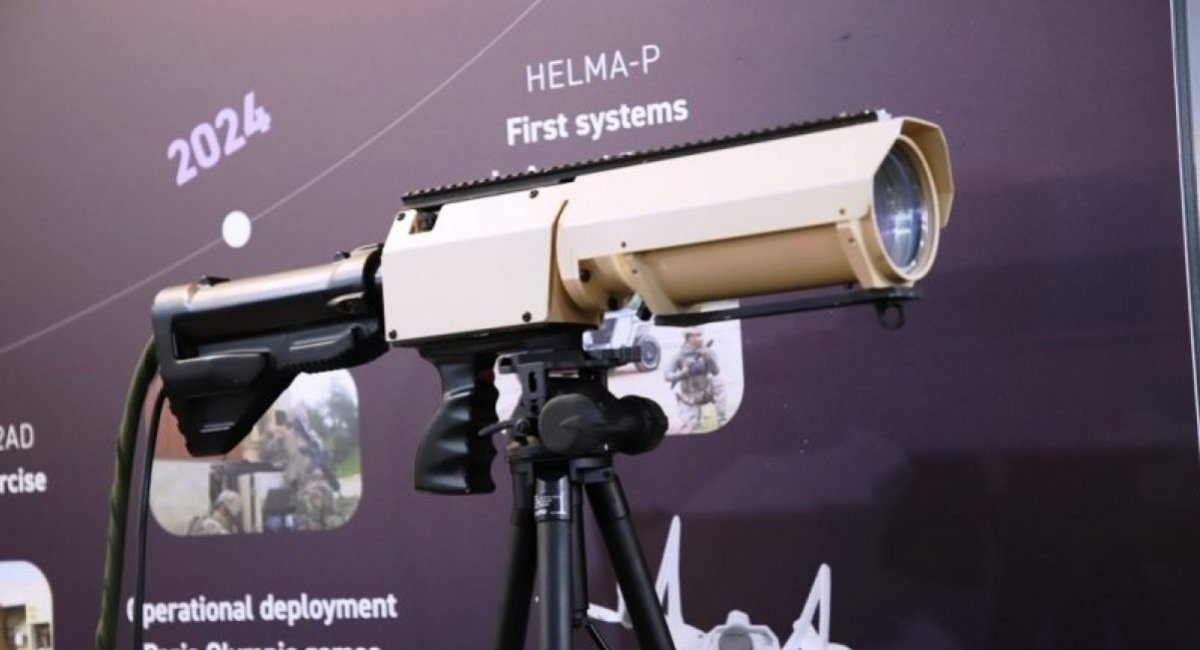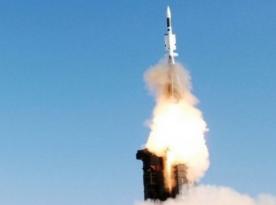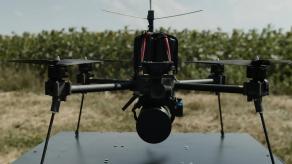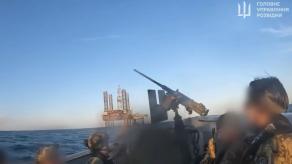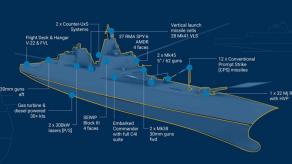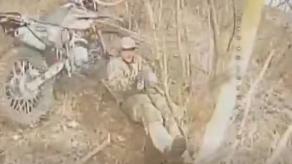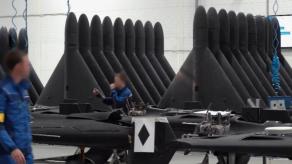French company CILAS presented a HELMA-LP handheld laser system prototype at the SOFINS 2025 exhibition. The laser rifle garnered quite an attention for its characteristic appearance and design reminiscent of the fictional particle weapons from the Star Wars film series and other popular media.
However, this is an actual working weapon based on the HELMA-P system, in 2024 deployed to ward the skies over Paris during the Olympic Games to counter any aerial drones. The new portable version is designed to destroy mostly static targets, such as canvas tarpaulins, various electronic equipment, and optronic devices, European Defense Review reports.
Read more: Turkish Aselsan Gökberk Proves That Taking Down Drones Doesn't Require a High-Power Laser
From Defense Express, let's add that although the company does not explicitly says their system can take down drones due to obvious problems with keeping the beam at one point on a moving target, practice shows that even a short-term exposure to laser should be enough to blind the drone's optics and, possibly, melt the protective glass of the camera, which is usually made of plastic.
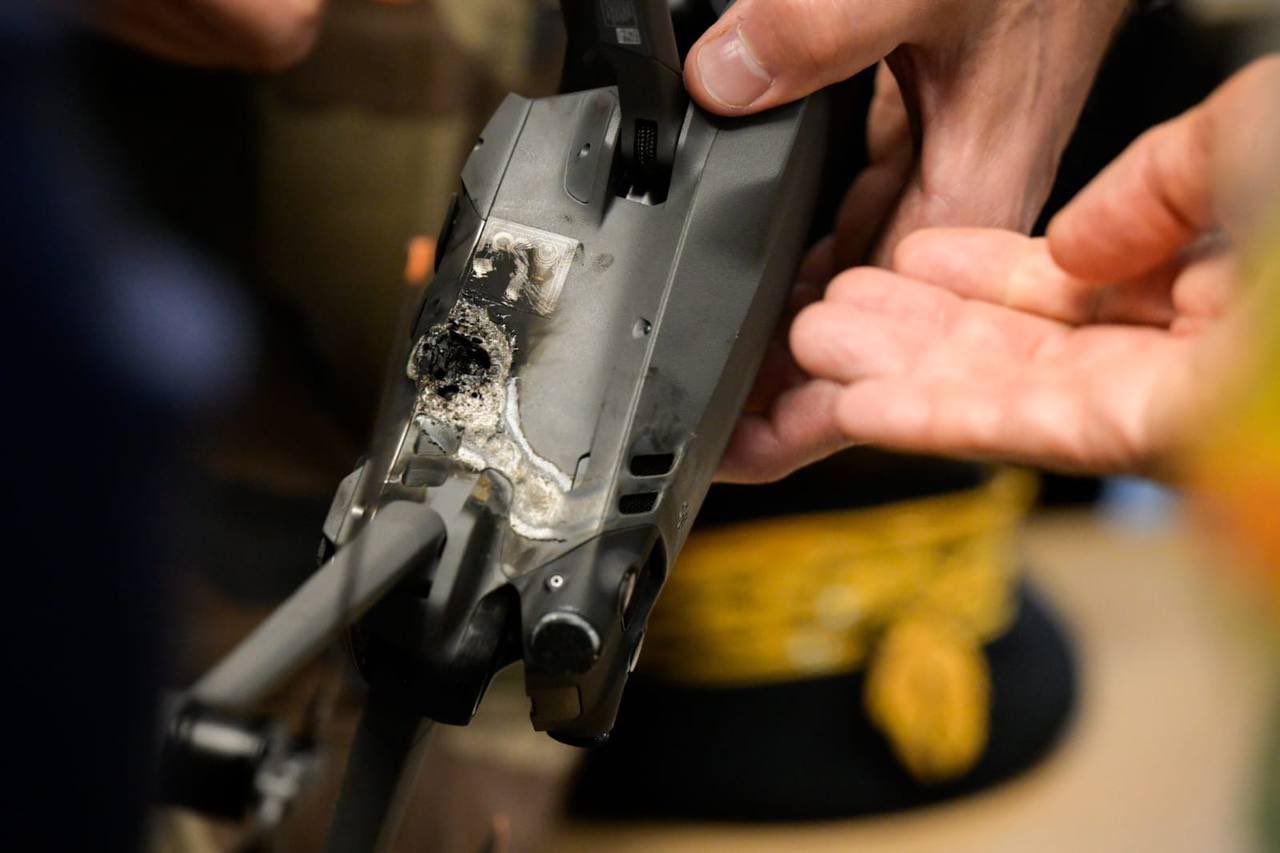
Such an interesting effect, that makes cheap drones helpless against even low-power lasers, was noticed during demonstrations of Gökberk, a C-UAS laser system from the Turkish Aselsan. In this case, a fairly short exposure to the laser beam effectively neutralized the drone without destroying it.
Man-portable HELMA-LP can hit targets at a distance of 300 to 500 meters, and a typical engagement time is 5 to 15 seconds. The power of the portable laser, although not specified, is obviously significantly inferior to the stationary variant. The large HELMA-P can destroy targets at in a 1,000-meter range, or cause the lens fogging to blind drones at distances up to 3,000 m with a declared power of relatively modest 2 kW.
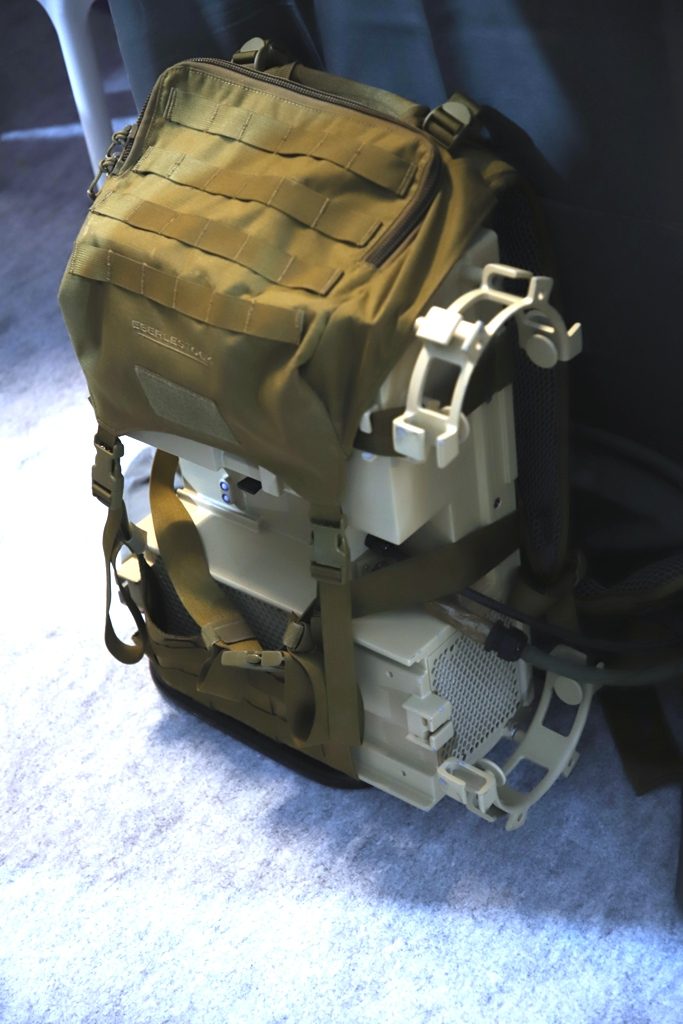
Smaller HELMA-LP system consists of the laser gun itself, two cables, and a backpack with batteries, weighing 15 kg total. The laser is based on the AR-15 rifle and equipped with standard mounts for sights if the user wants to increase their fire accuracy.
The laser beam's maximum continuous operating time is 60 seconds, its diameter is 20 mm at a distance of 500 meters. When firing from a prone position, the backpack with batteries can be placed on the ground and used to stabilize aim.
Earlier, Ukraine also revealed its domestically developed laser system Tryzub, with detailed data on its capabilities, including the engagement range.

Read more: Ukrainian Tryzub Laser System Shown for the First Time: Revealed at What Range It Can Destroy Targets




